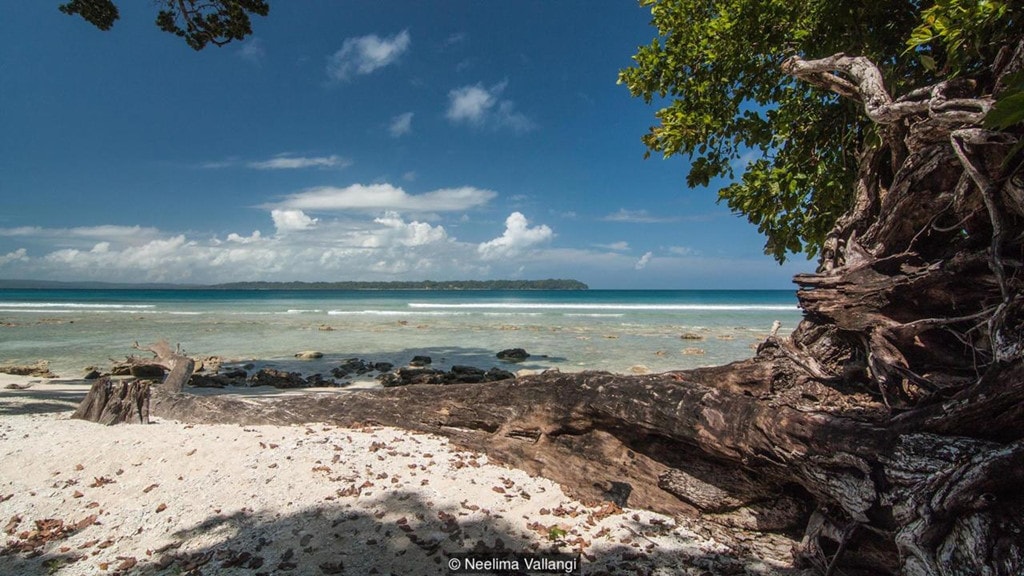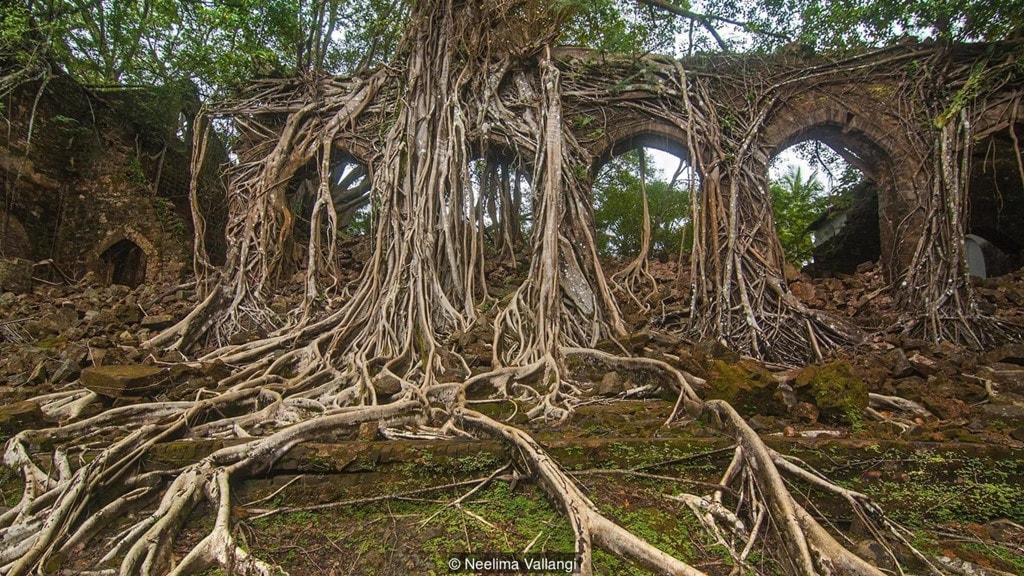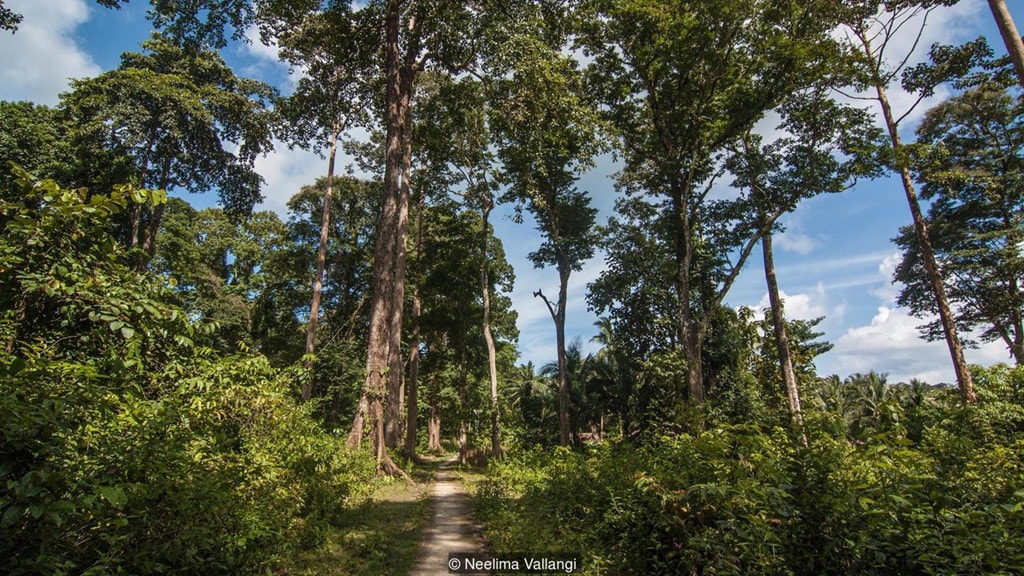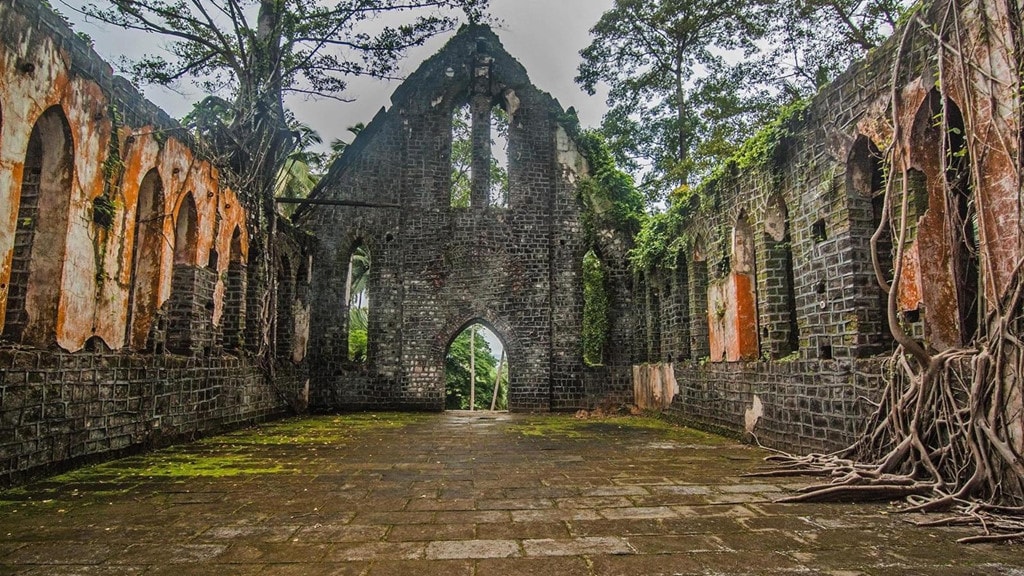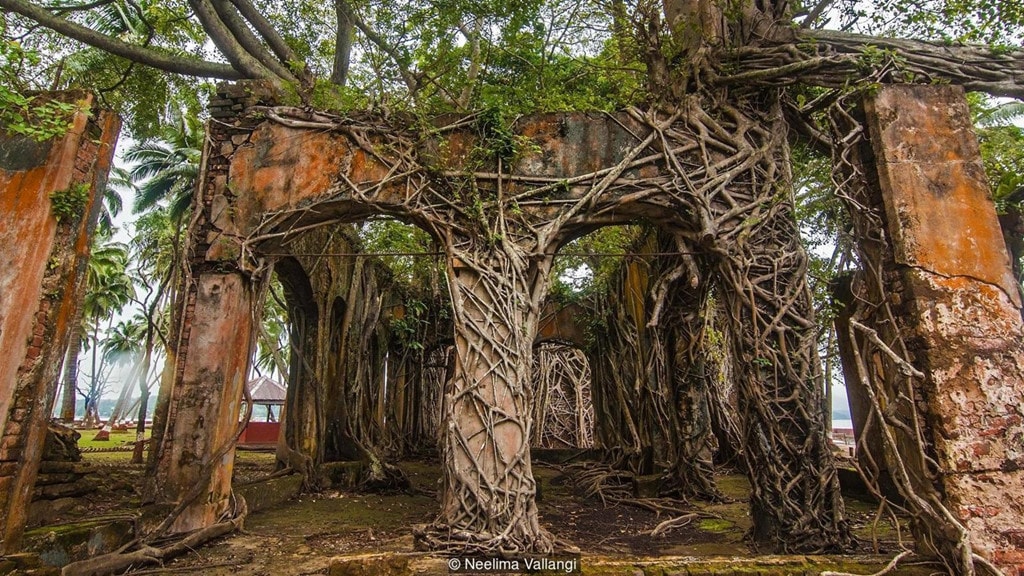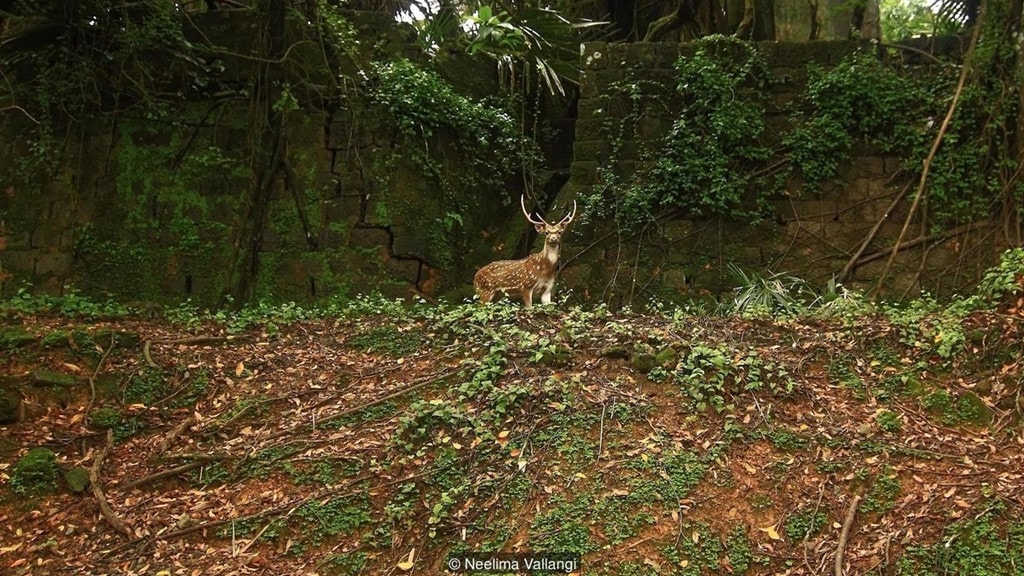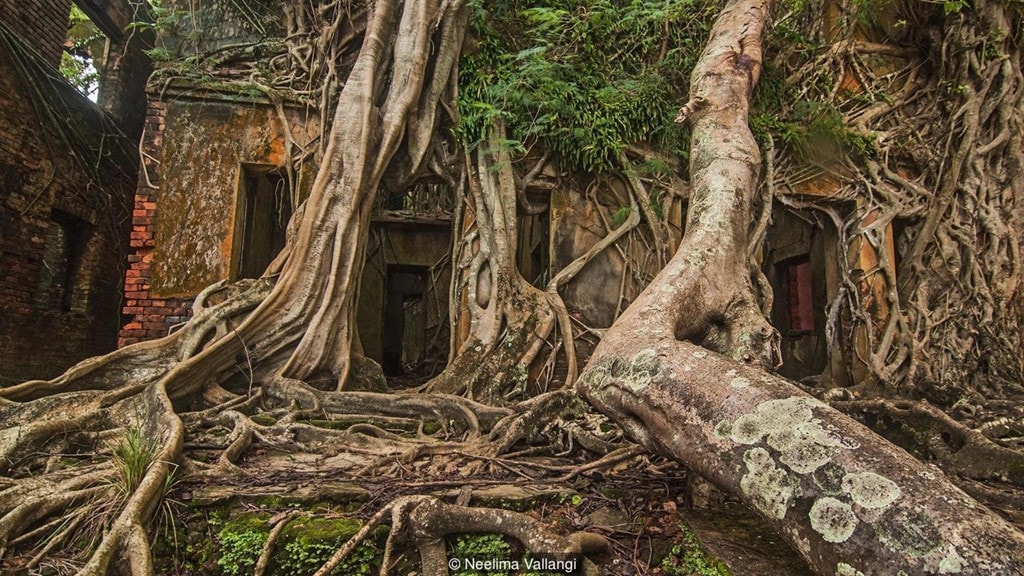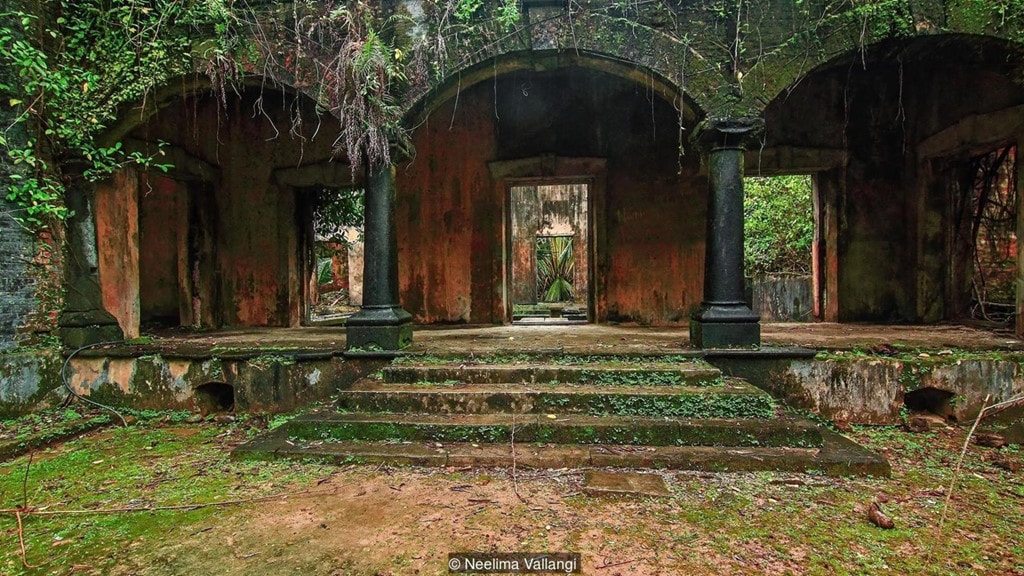The mysterious 'ghost' island in the heart of the Indian Ocean
Once a prison and later a bustling settlement, Ross has a unique past before becoming just a deserted, mysterious island of ruins.
|
| Located in the Bay of Bengal, India's Andaman and Nicobar Islands are a group of 572 tropical islands. Closer to Southeast Asia than India, they are known for their stunning beaches, thriving marine life, rich coral reefs and pristine forests. |
|
| Ross, one of the islands in the area, is home to the ruins of a mysterious 19th-century British town that was abandoned in the 1940s. On the island, villas, cathedrals, ballrooms, and even cemeteries are gradually covered by trees. |
|
| In 1857, a sudden rebellion broke out in India and the British chose remote islands off the coast of the Indian Ocean as the first place to detain the rebels, with Ross Island, measuring less than 0.3 square kilometers, being the first site chosen. Before that, this place was still an ancient, uninhabited mountainous area. |
|
| As the number of prisoners increased, they were transferred to prisons and barracks on neighboring islands. Ross Island became the administrative headquarters as well as a residence for senior officers and their families. Large villas, tennis courts, a Presbyterian church, a water purification plant, barracks and an infirmary were gradually built on the island. |
|
| In addition, Ross Island also built a power station with a diesel generator, making it a bustling and vibrant paradise, different from the surrounding area. Until 1942, the prisoners were liberated, the British army left the island. Soon after, India gained independence in 1947, Ross was abandoned until the Indian Navy took over in 1979. |
|
| Today, Ross Island is uninhabited and home to deer, hares, and peacocks. In the early 1900s, British officers introduced various deer species to the Andaman Islands for hunting and game. However, there were no natural predators and the deer population on the island grew rapidly. |
|
| In addition, the massive domes, Italian tiles, and stained glass windows on the island have long since disappeared. The roofless frames of villas, clubs, churches, and other anonymous walls are gradually deformed, collapsing, and being invaded and covered by tree roots, bringing a ghostly, desolate atmosphere to the entire island. |
|
| On Ross Island, the only sounds left are the sounds of animals amid the ruins of the massive structures. Nearly 80 years after the island was abandoned, Ross is now under the control of the Indian Navy and is open to day visitors. |

